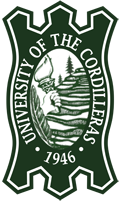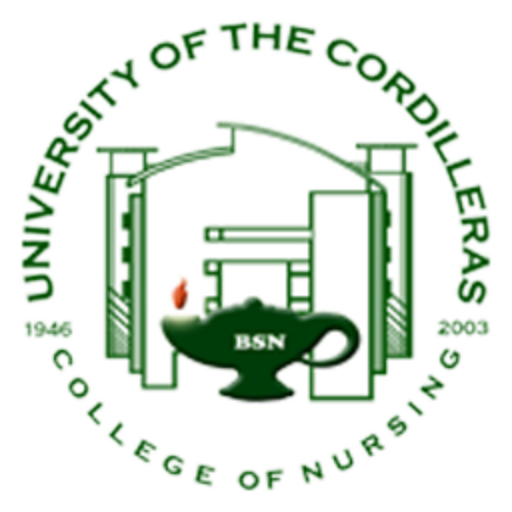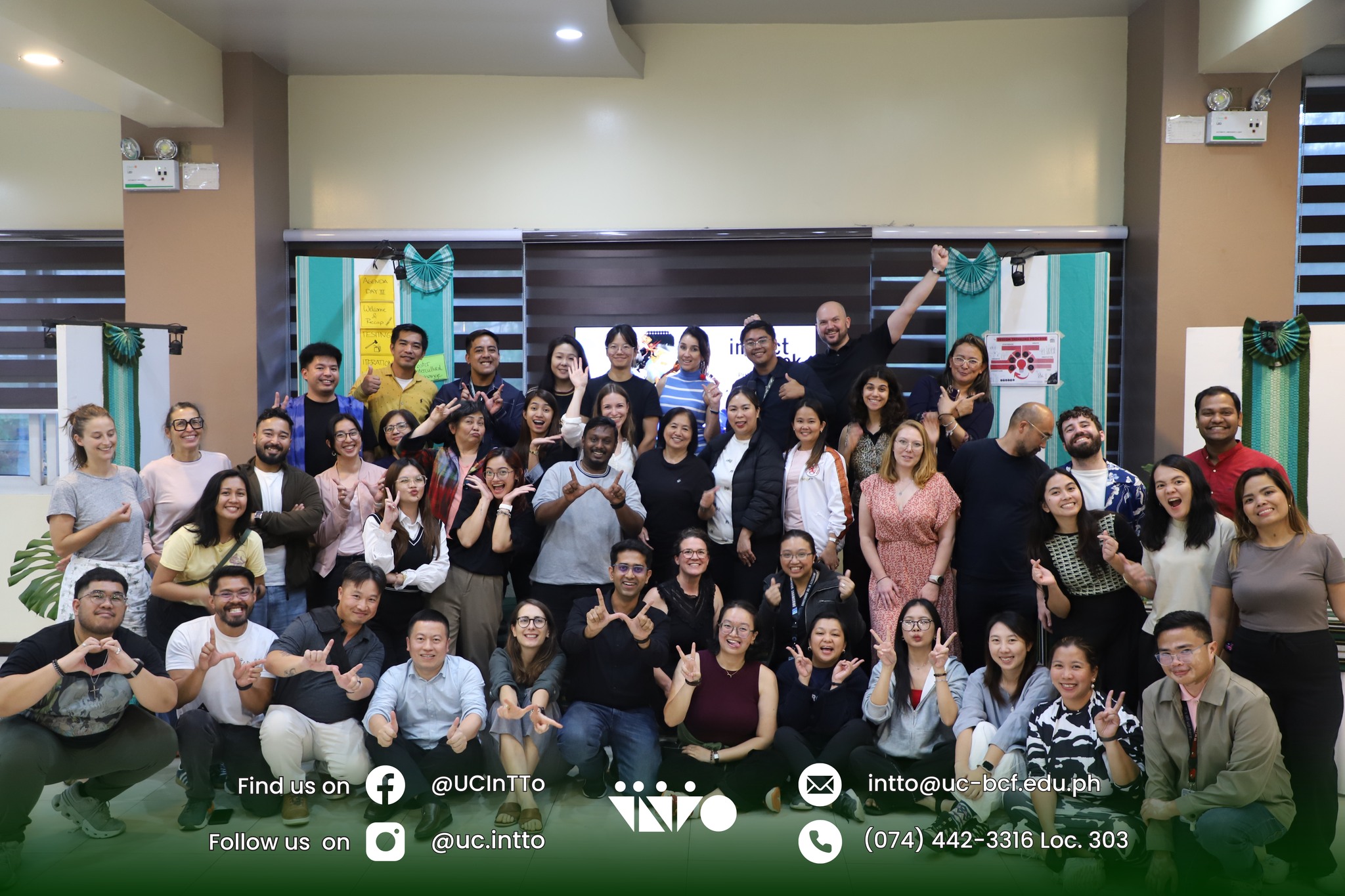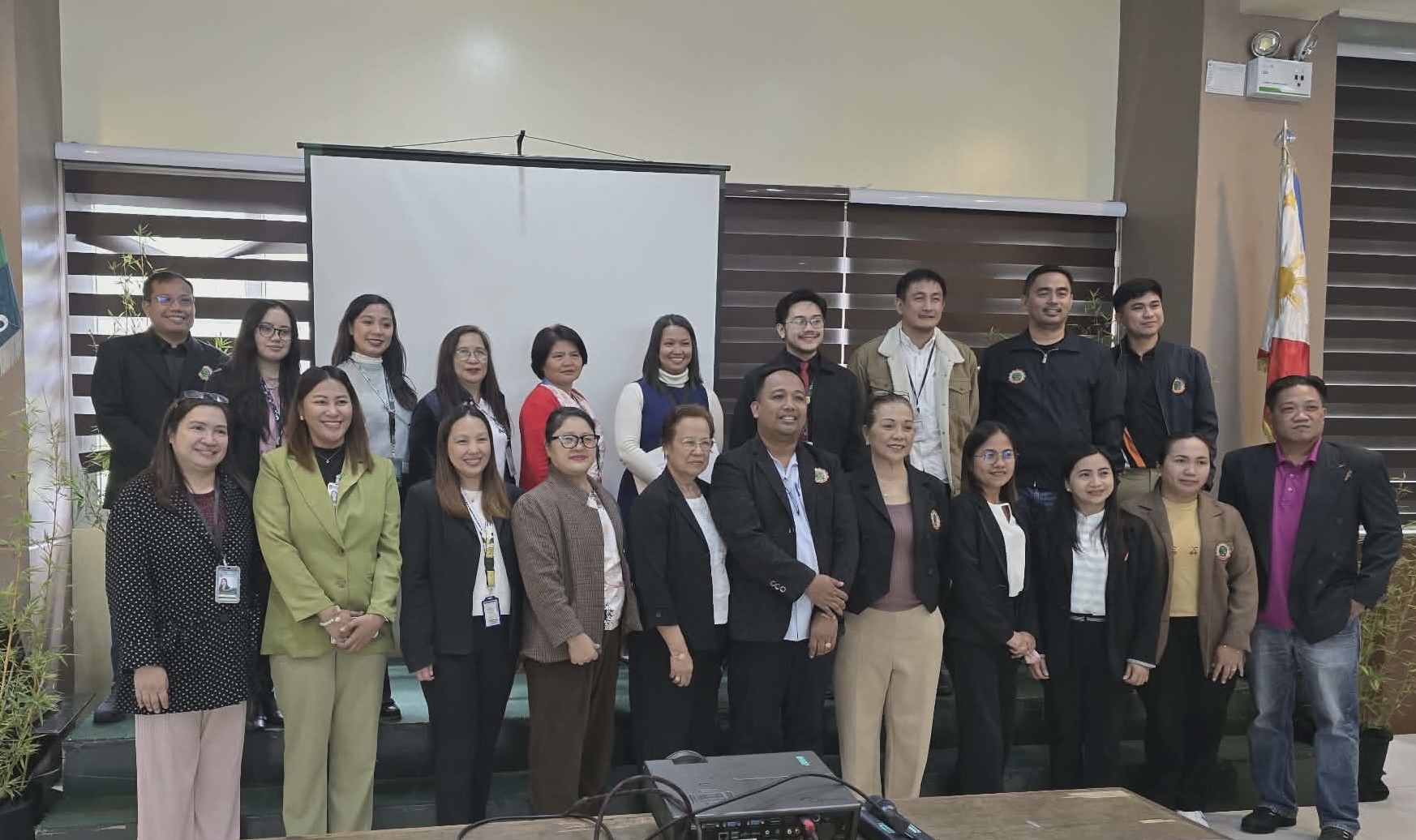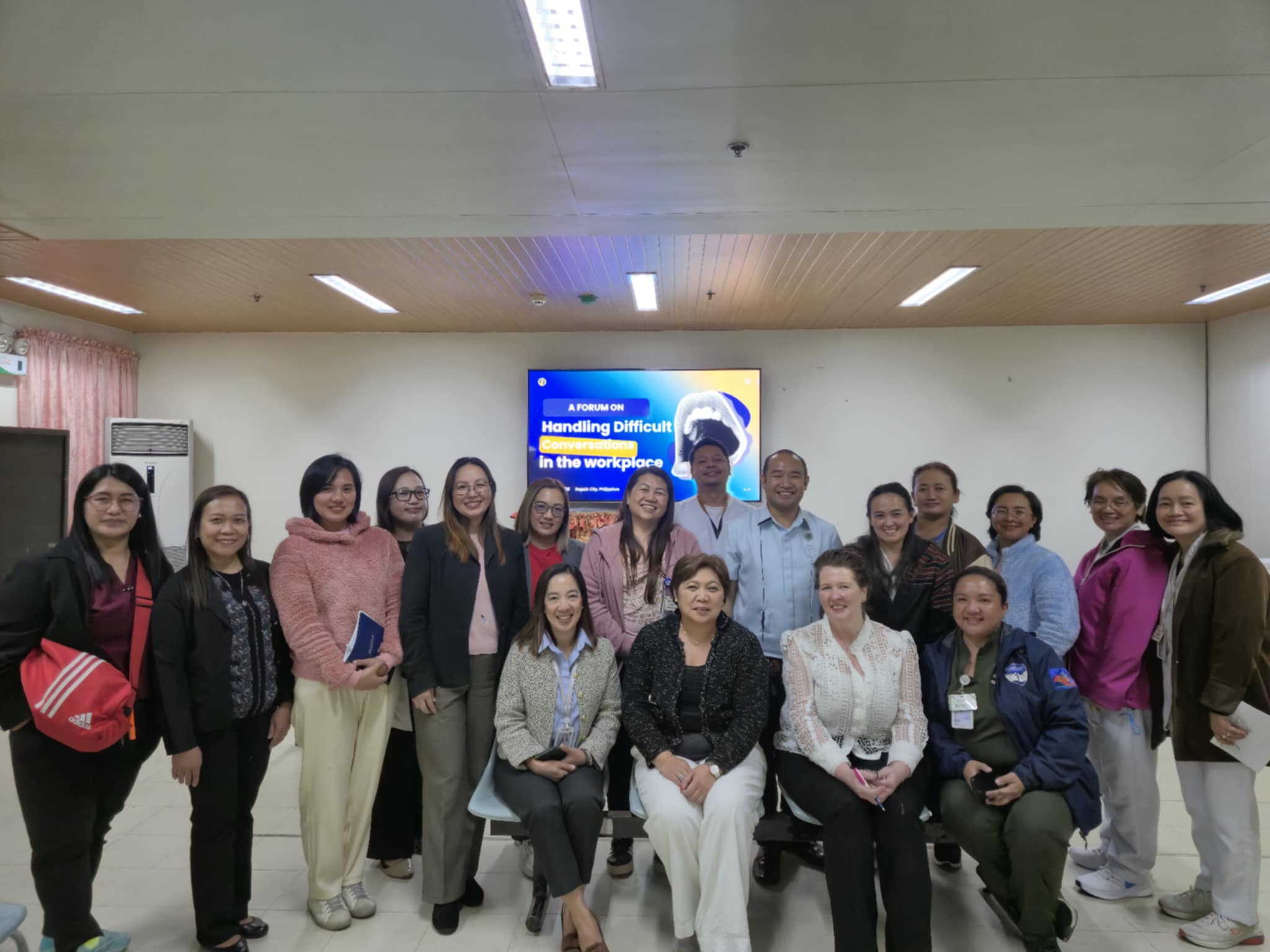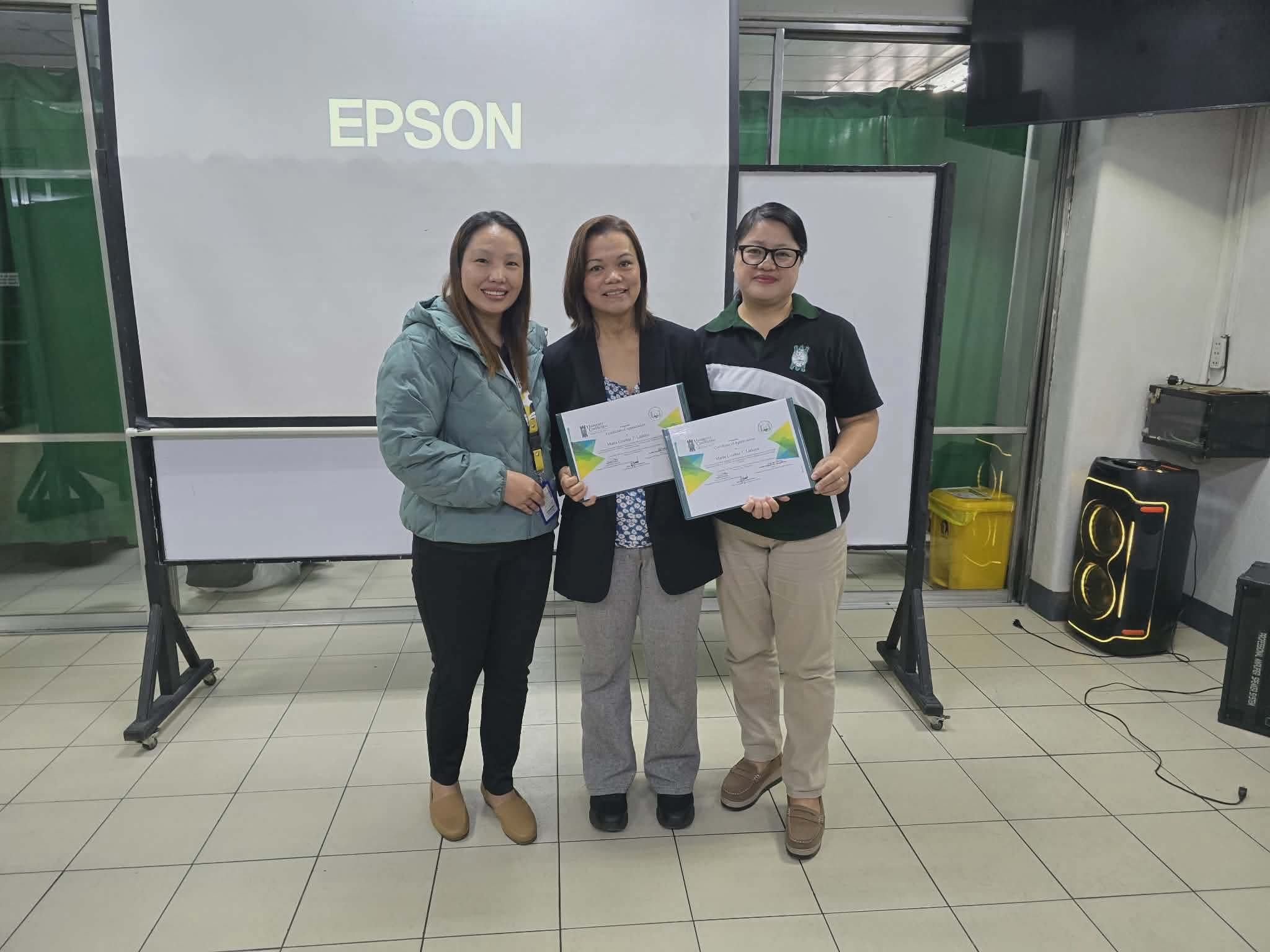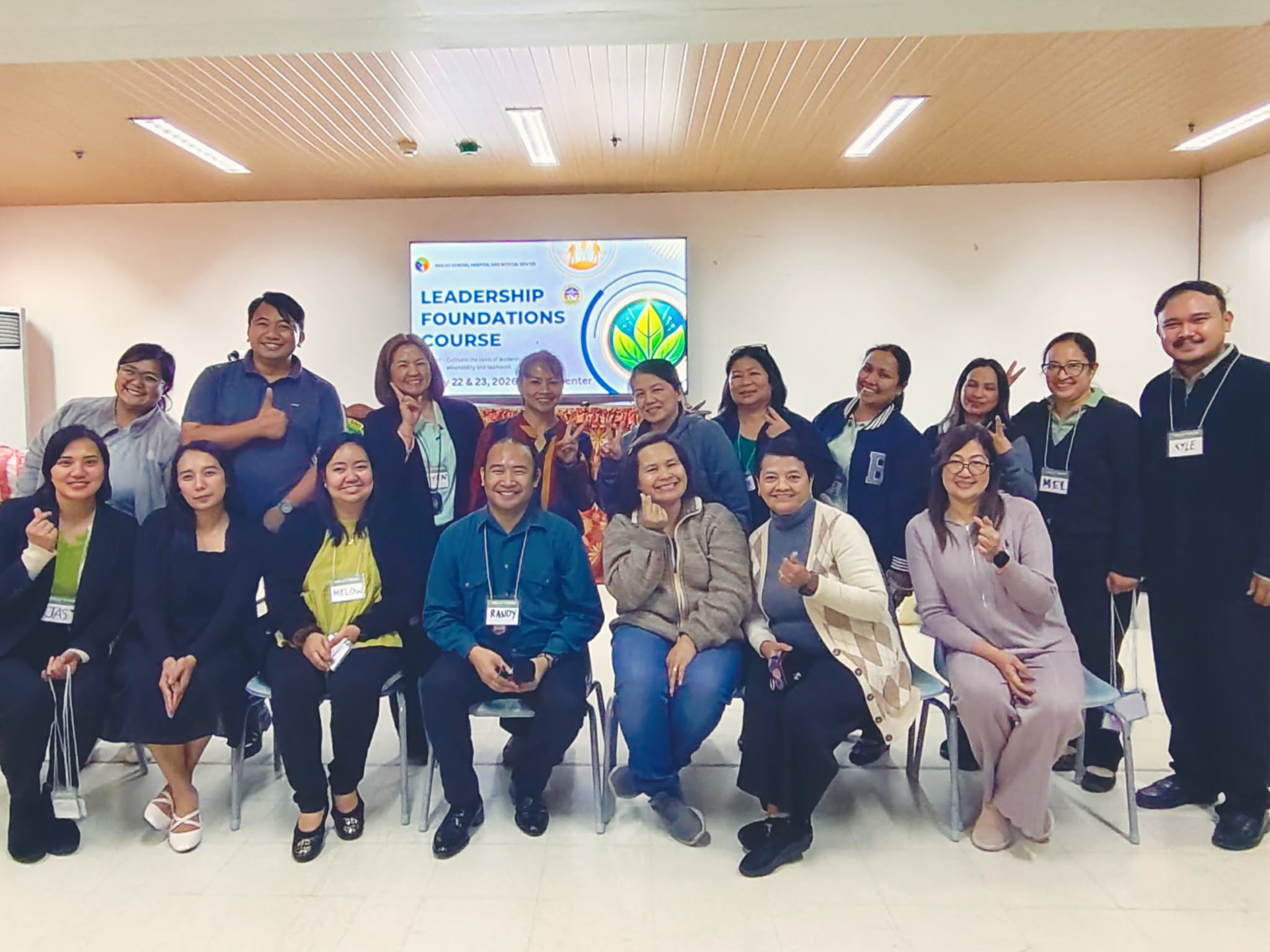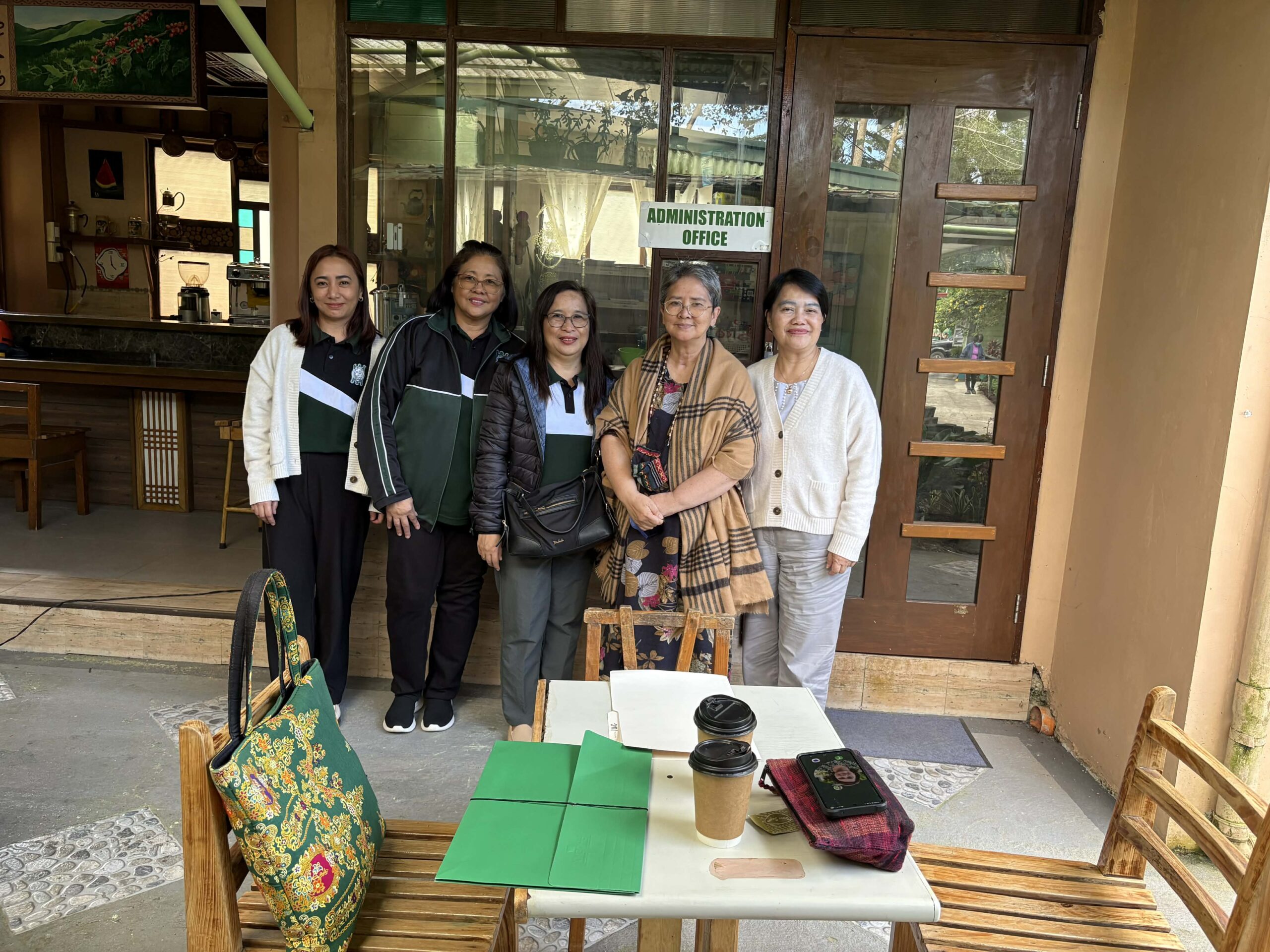UC CONAHS joins the full Impact Week journey—from the Train-the-Coach program at UC Cañao Hall to the multi-day Design Thinking Challenge in Baguio City
The University of the Cordilleras College of Nursing and Allied Health Sciences (UC CONAHS) proudly took part in Impact Week Baguio City 2025, a landmark event that brought together international coaches, local mentors, students, and young professionals to co-create solutions through the global Design Thinking framework. Held from November 5 to 13, 2025, the initiative empowered communities by developing innovative, sustainable, and human-centered ideas for the future of Baguio City. The participation of UC CONAHS underscored the college’s dedication to collaborative learning, interdisciplinary engagement, and community-centered innovation.
The Impact Week experience began with the three-day Train-the-Coach program hosted by the University of the Cordilleras at UC Cañao Hall from November 5 to 7. During this intensive training, aspiring Junior Coaches participated in workshops facilitated by Senior Coaches who guided them through the principles and facilitation strategies of Design Thinking. The sessions provided participants with practical experience in mapping insights, conducting stakeholder interviews, leading group processes, and applying creativity in problem solving. UC CONAHS Faculty Sustainability and LMS Coordinator, Ferdinand C. Tercero, MAN, MNE, RN, successfully completed the program, gaining valuable skills that support educational innovation and community partnership within the college.
From November 10 to 13, the main Impact Week Design Thinking Challenge brought together more than 150 participants from schools, youth organizations, and various institutions across Baguio City. Guided by trained Junior Coaches and international facilitators, participants moved through the full Design Thinking cycle. They began by exploring community issues, conducting field observations, and engaging with local stakeholders. These initial insights were synthesized into focused problem statements that would guide their creative work. As the challenge progressed, teams generated solution ideas, built rapid prototypes, refined their concepts based on feedback, and ultimately presented their proposals during the culminating pitch sessions. The multi-day challenge showcased the potential of young innovators and community advocates working together toward sustainable improvement.
Participants worked within six impact tracks that reflected Baguio’s development priorities and sustainability aspirations: Grow Baguio (Urban Agriculture), Culture and Craft (Entrepreneurship in a Creative City), Baguio Builds Green, Reclaiming Spaces (Placemaking for Baguio), Pack with Purpose (Eco-Friendly Food Packaging), and No Waste (Circular Economy for Baguio’s Future). Each track addressed real-world issues in environmental stewardship, urban development, responsible consumption, local enterprise, and inclusive community design. The diverse nature of the tracks encouraged interdisciplinary teamwork and supported the creation of solutions anchored in Baguio’s cultural and environmental context.
The success of Impact Week Baguio City 2025 was made possible through the collaboration of Impact Week Senior Coaches, De La Salle–College of Saint Benilde, the Benilde DOST Technology Business Incubator, TARAKI-CAR, the University of the Cordilleras, and various youth and community partners. Their combined efforts created an inclusive learning environment where participants were encouraged to think critically, collaborate effectively, and innovate responsibly. UC CONAHS’ involvement emphasized the important role of higher education institutions in advancing quality education, fostering community engagement, and contributing to programs that address relevant social and environmental challenges.
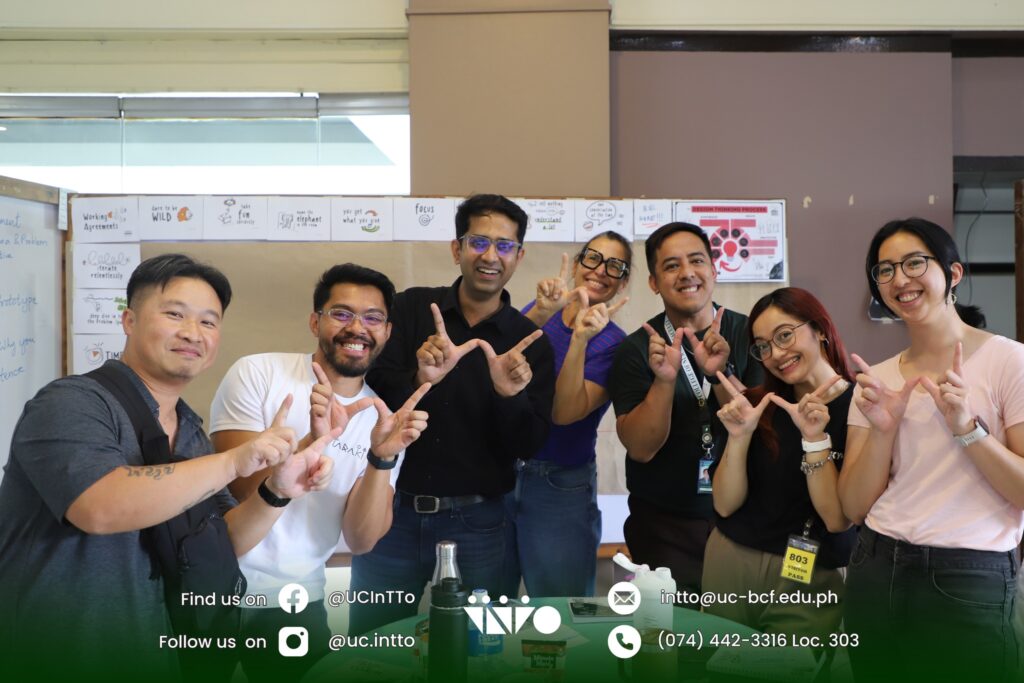
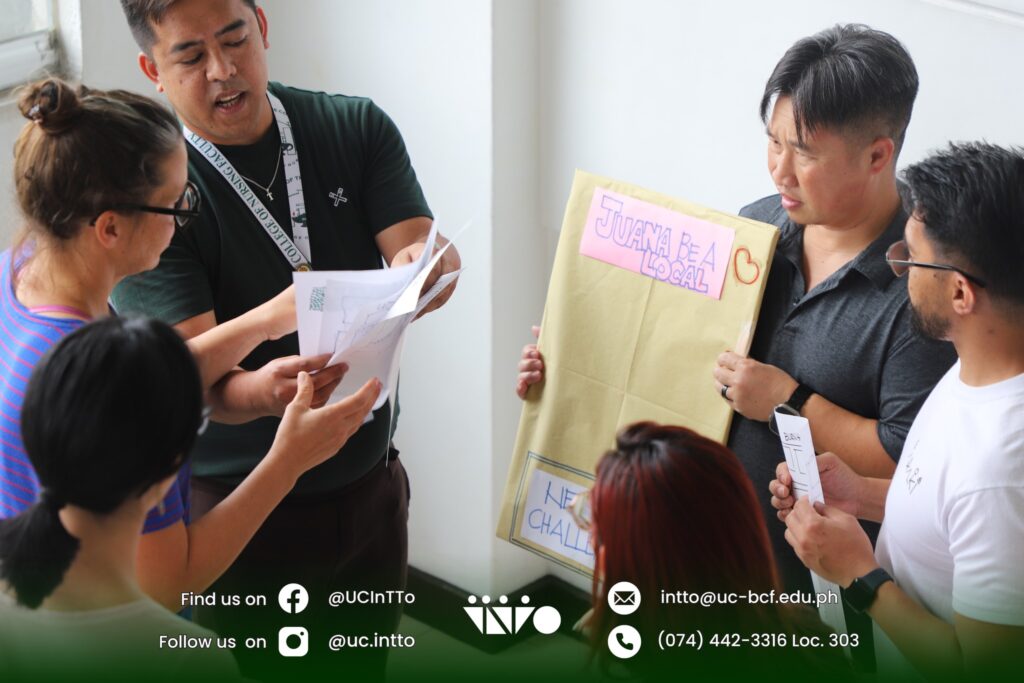

By actively participating in both the training phase and the full Impact Week Challenge, UC CONAHS reaffirmed its commitment to quality education, community partnership, and progressive learning approaches. The experience gained by faculty representative Ferdinand C. Tercero supports the college’s ongoing initiatives to integrate innovative methodologies into teaching, digital learning systems, and community-based programs. The Impact Week journey promoted creativity, empathy, leadership, and collaborative problem solving—values that align with UC CONAHS’ mission of shaping responsive and community-oriented professionals.
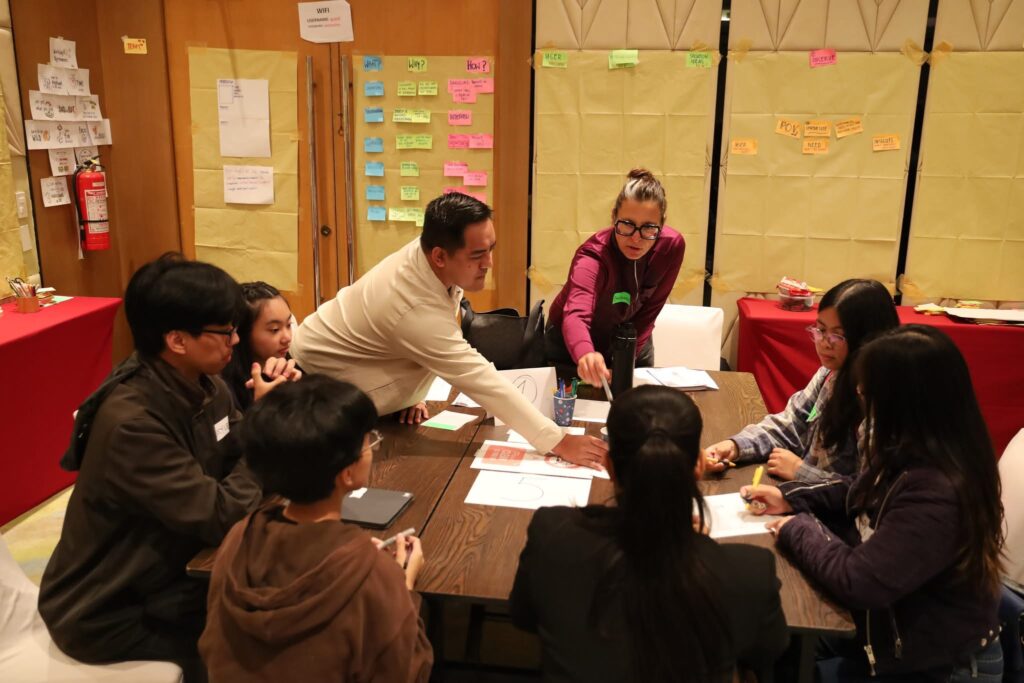
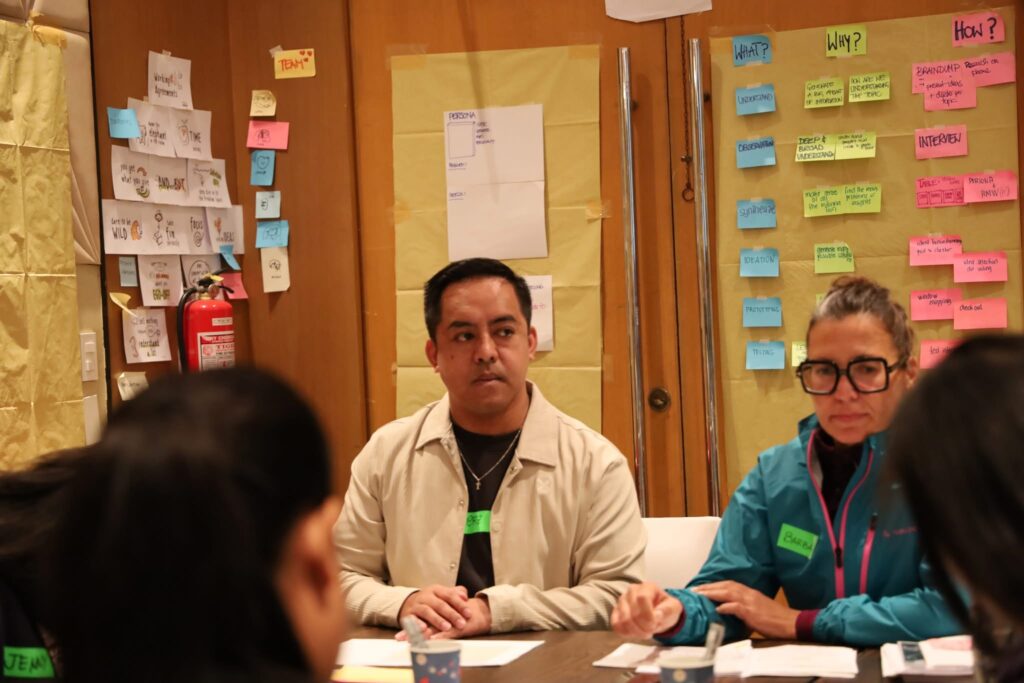
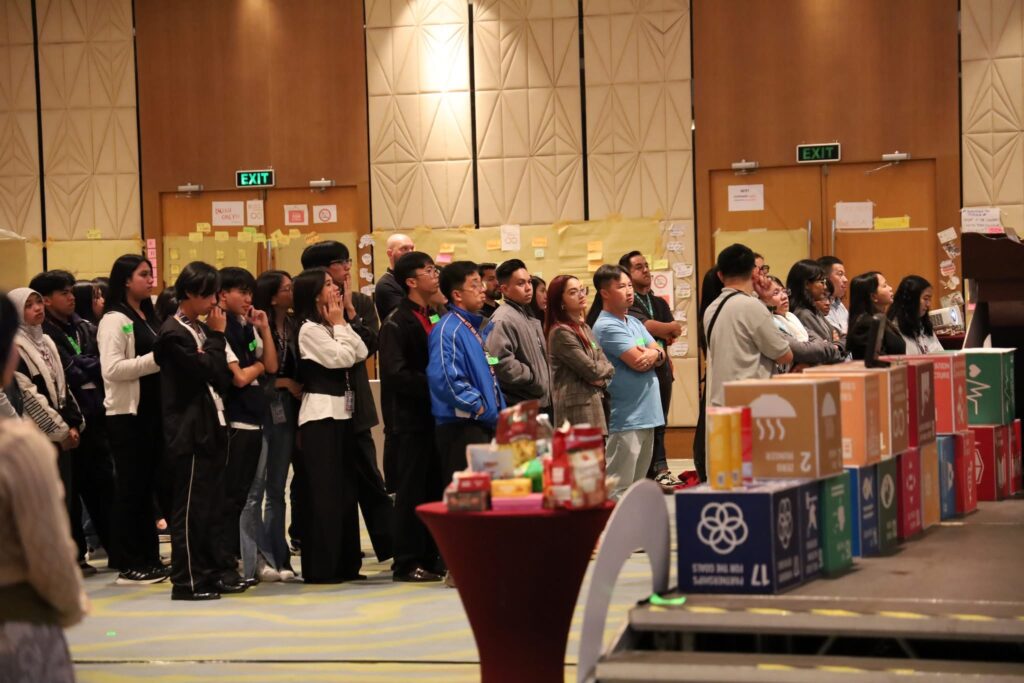
SUSTAINABLE DEVELOPMENT GOALS (SDGs) CONTRIBUTION
| SDG | Indicator | Description of Contribution |
|---|---|---|
| SDG 4 – Quality Education | 4.3.3 – Lifelong Learning Opportunities | Impact Week provided capacity-building and hands-on training through the Train-the-Coach program and multi-day Design Thinking challenge, strengthening professional and community learning. |
| SDG 4 – Quality Education | 4.7.1 – Education for Sustainable Development | Participants developed competencies in creative problem solving, collaboration, and sustainability-oriented thinking aligned with global education standards. |
| SDG 11 – Sustainable Cities and Communities | 11.4.3 – Community Engagement for Sustainable Cities | The impact tracks supported urban sustainability through initiatives on placemaking, green building, urban agriculture, and community-centered development. |
| SDG 11 – Sustainable Cities and Communities | 11.6.1 – Waste Reduction Initiatives | Tracks such as “No Waste” and “Pack with Purpose” focused on sustainable consumption, circular economy principles, and eco-friendly packaging. |
| SDG 11 – Sustainable Cities and Communities | 11.7.2 – Safe and Inclusive Public Spaces | The “Reclaiming Spaces: Placemaking for Baguio” track explored inclusive, accessible, and community-friendly urban environments. |
| SDG 17 – Partnerships for the Goals | 17.16.1 – Multi-Stakeholder Partnerships | Impact Week demonstrated strong partnerships among UC, UC CONAHS, international coaches, educational institutions, and community organizations. |
| SDG 17 – Partnerships for the Goals | 17.17.1 – Cross-Sector Collaboration | Collaboration with Benilde, DOST TBI, TARAKI-CAR, and youth networks strengthened cooperative efforts toward sustainable and innovative community development. |
